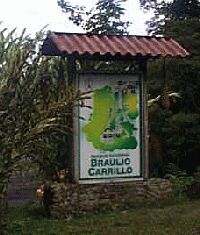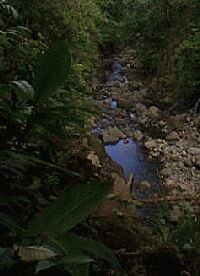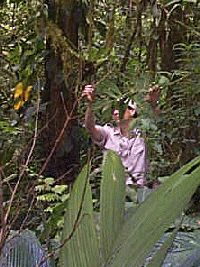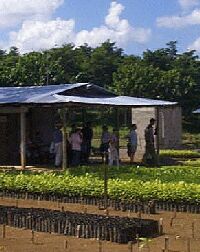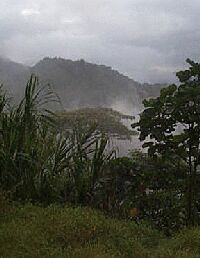Linkages
Home![]() Sustainable
Developments
Sustainable
Developments ![]() Feedback
Feedback
|
|
|
|
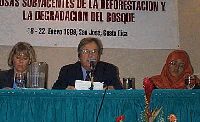 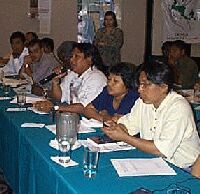 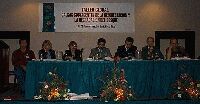 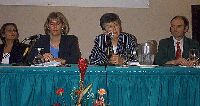 |
|
|
 |
|
|
|
|
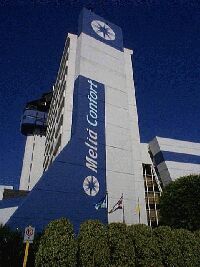 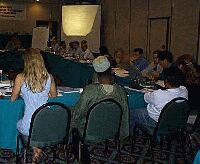 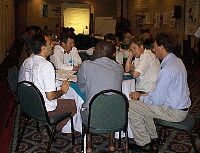 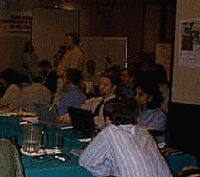 |
|
Bai-Mass Taal, on behalf of UNEP Executive Director Klaus Töpfer, delivered an opening statement, emphasizing that deforestation is rarely a consequence of a single cause but is driven by complex dynamics and thus requires a holistic approach. He underscored the need for pragmatic solutions to reversing deforestation and forest degradation and expressed UNEP's readiness to cooperate with all stakeholders in this regard. Jaime Hurtubia, on behalf of the IFF Secretariat, identified the workshop as an example of the partnerships among various stakeholders in seeking global solutions to global problems, and noted that in view of the forthcoming IFF-3 meeting, it has a crucial role in building consensus on the underlying causes of deforestation. Participants heard presentations of the reports from the seven regional workshops and the indigenous peoples' organizations workshop. Ricardo Carrere of the World Rainforest Movement presented the synthesis report, summarizing the underlying causes identified in the regional workshops, conclusions drawn and possible ways forward. Delegates then divided into four working groups to reflect on the underlying causes identified in the synthesis report. (back to top) |
 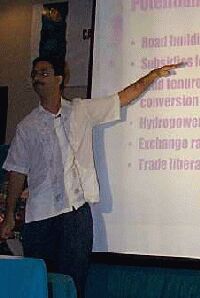 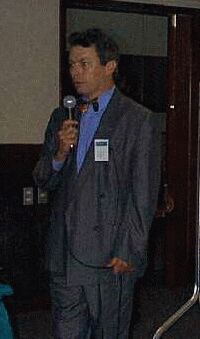  |


